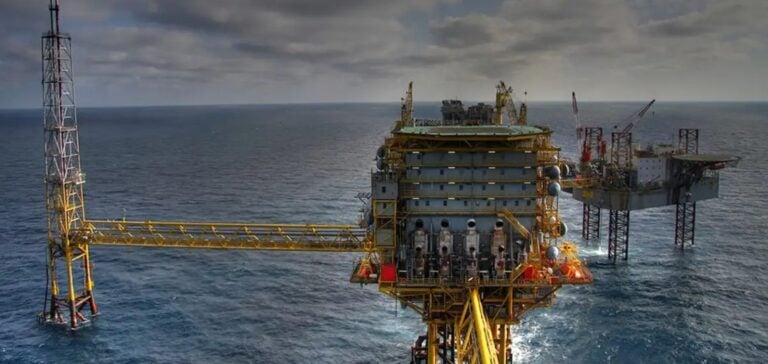The Nigerian oil sector has reached a pivotal milestone with the official approval of Shell’s sale of 30% of its onshore and shallow water assets to the Renaissance consortium. Valued at $2.4 billion, the transaction represents a strategic restructuring to address regional challenges.
A turning point for the Niger Delta
The Niger Delta, a cornerstone of Nigeria’s oil production, has faced structural challenges in recent years. Sabotage, oil theft, and chronic underinvestment have weakened output, now estimated at 1.47 million barrels per day—well below its 2.2 million capacity.
This deal, directly approved by President Bola Tinubu, reflects a political will to transfer strategic assets from multinational corporations to local enterprises. Renaissance, a consortium comprising multiple Nigerian actors, now manages 15 onshore licenses and three offshore shallow-water licenses previously held by Shell.
The strategy of local companies
Local companies, like Renaissance, express optimism about their ability to maximize output from these mature fields. According to stakeholders, these acquisitions could revitalize production and boost the local economy. However, these ambitions face significant challenges, such as insecurity and the complex operational environment of the Delta.
While the asset transfer raises hopes, it is based on economic and technological strategies to overcome issues that led international oil companies (IOCs) to progressively exit the region.
Shift in focus for major oil companies
In parallel, major international companies are shifting investments toward lower-risk offshore projects. Shell, for instance, recently allocated $5 billion to the development of Bonga North, a deepwater project aligned with this strategy. Offshore zones offer more predictable conditions and secure returns amid regional volatility.
This resource reallocation highlights a global trend in which international players prioritize stable operating environments while transferring onshore assets to local partners.
A strong political statement
For Bola Tinubu’s administration, this approval sends a clear signal: the future of Nigeria’s oil sector lies in increased local participation. This decision is part of a broader goal to develop a more resilient and autonomous energy industry while addressing the concerns of local communities impacted by oil production.
However, this transition is not without risks. The ability of Nigerian companies to effectively manage these assets and tackle structural challenges will be crucial for the future of the national oil sector.






















